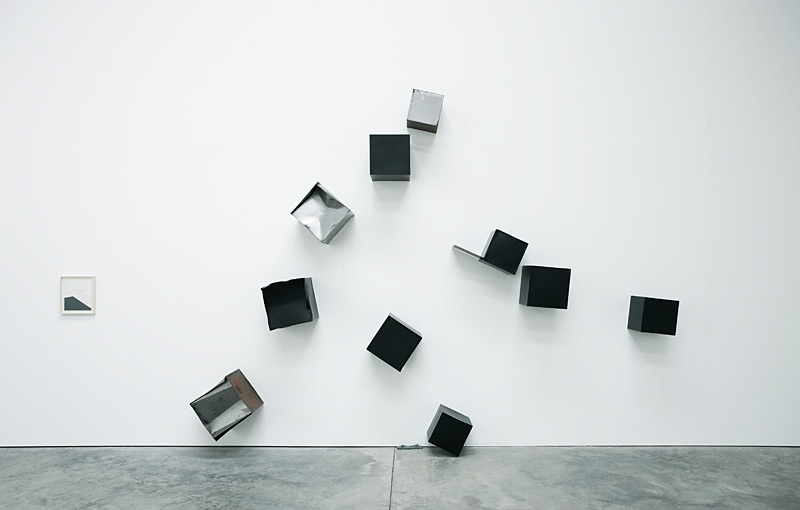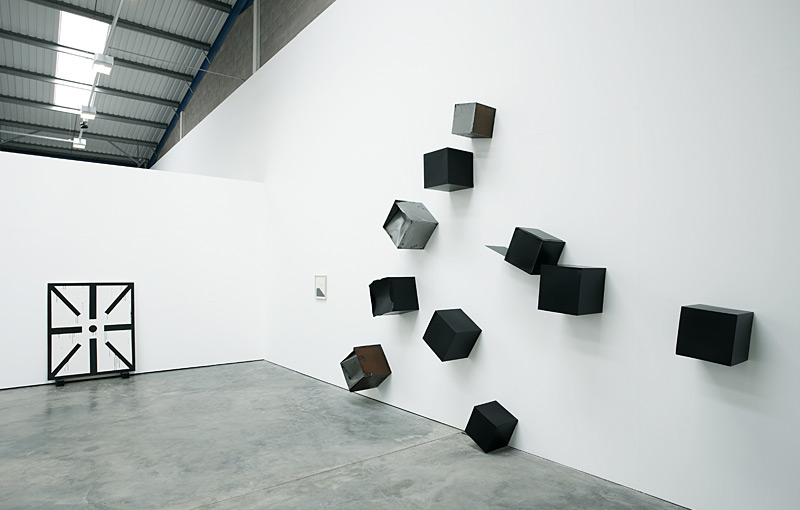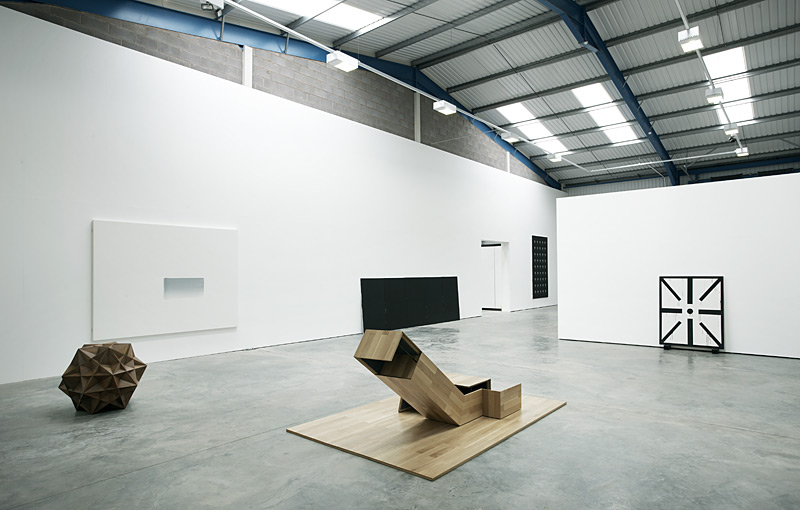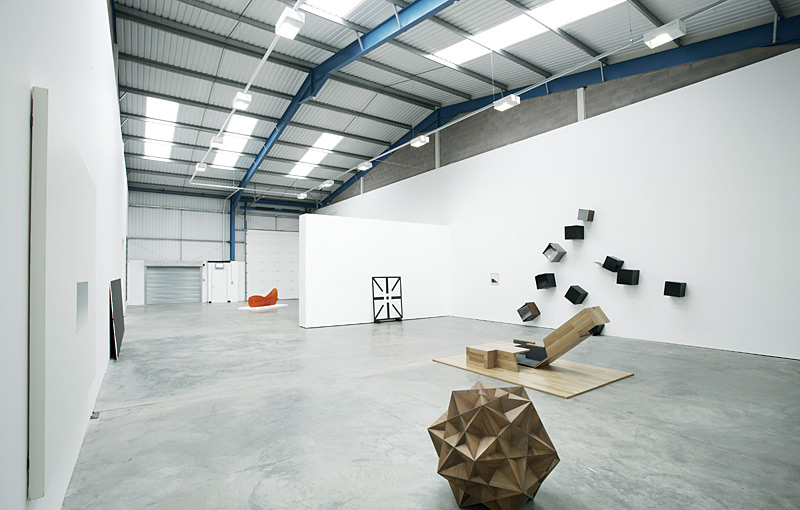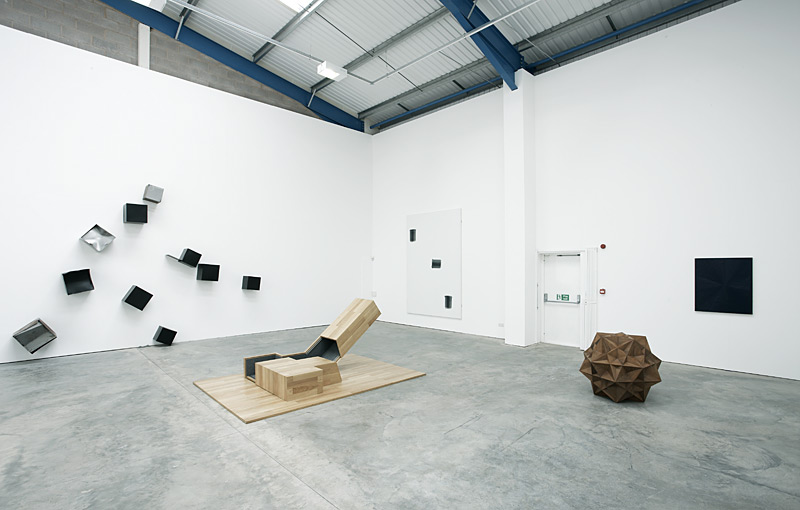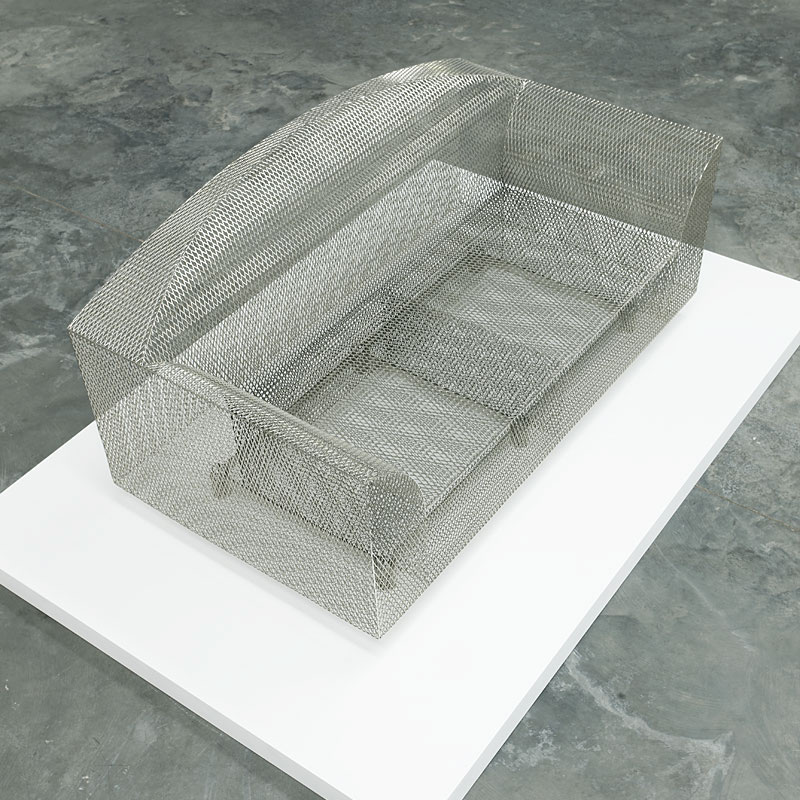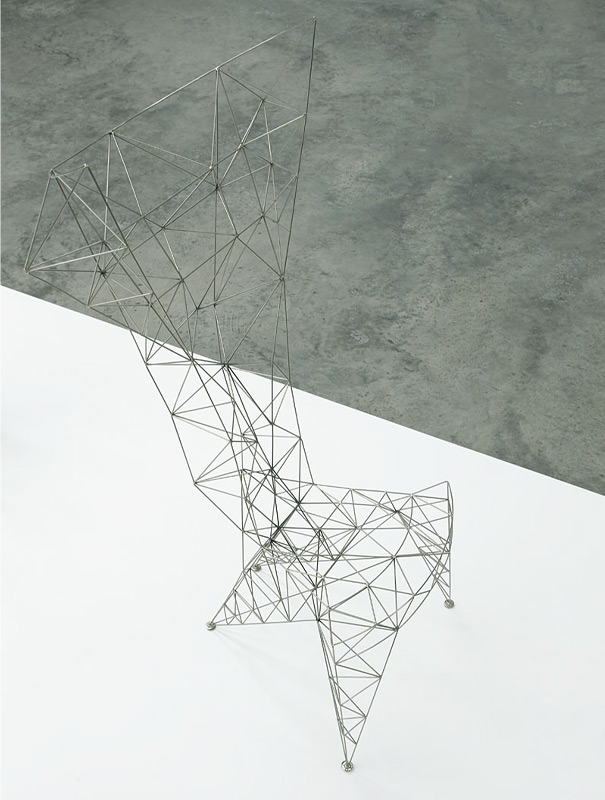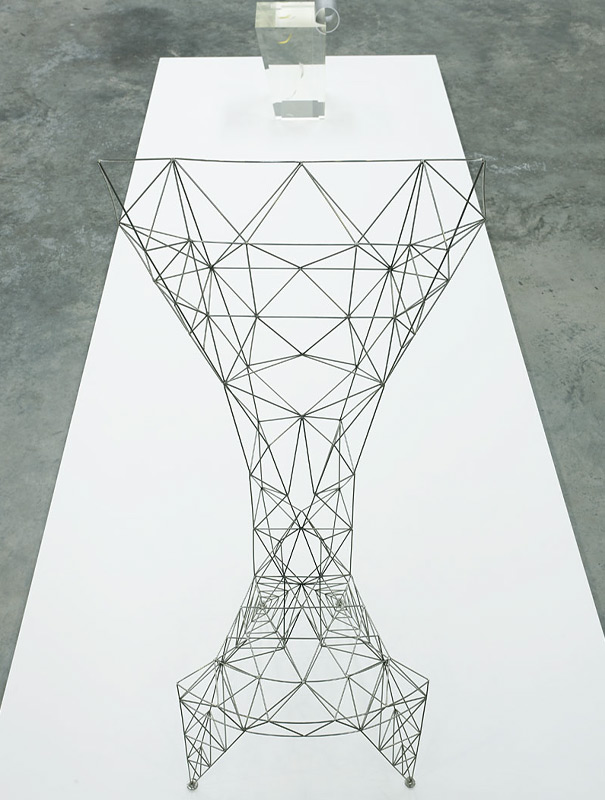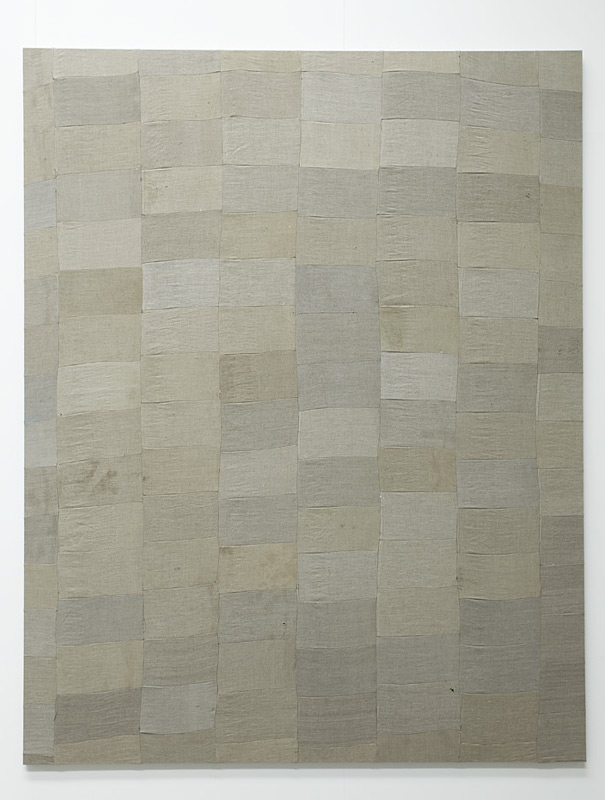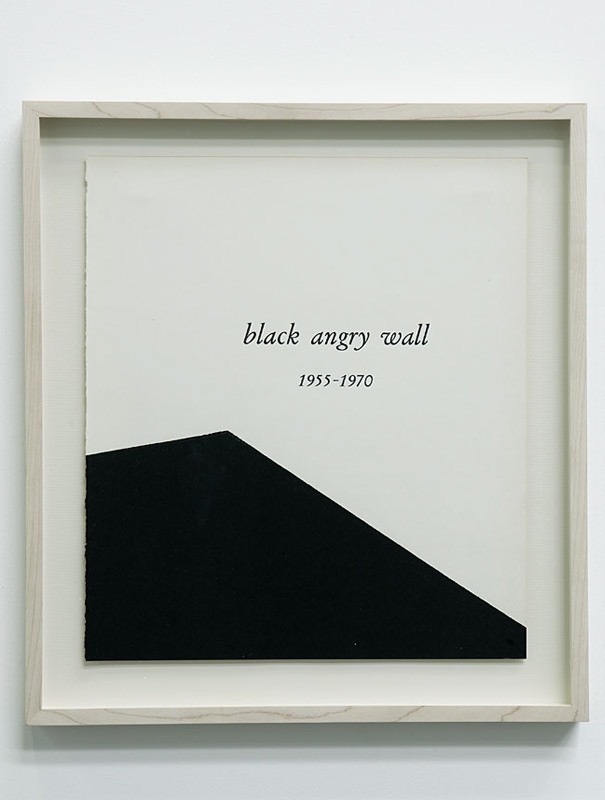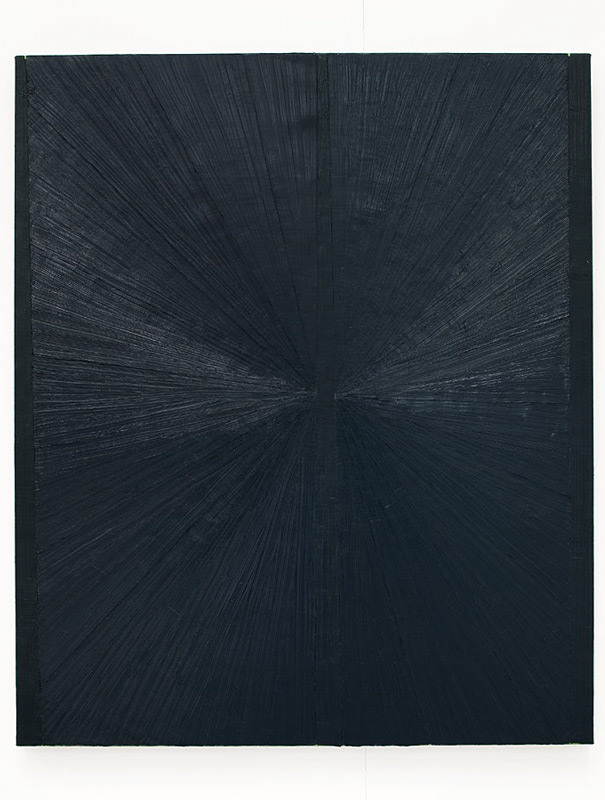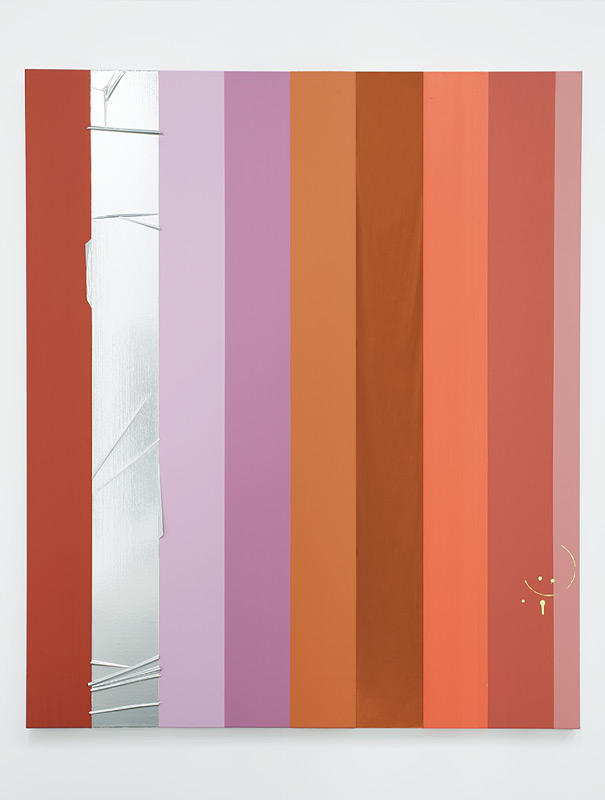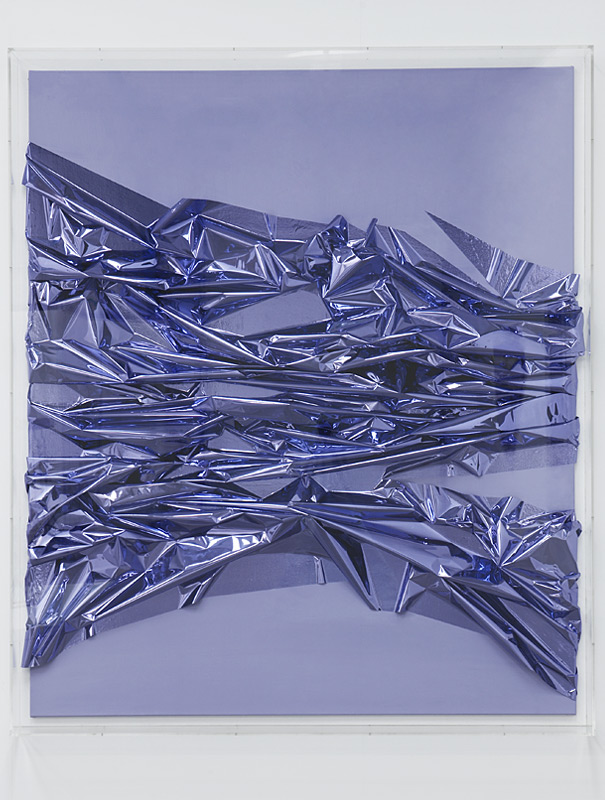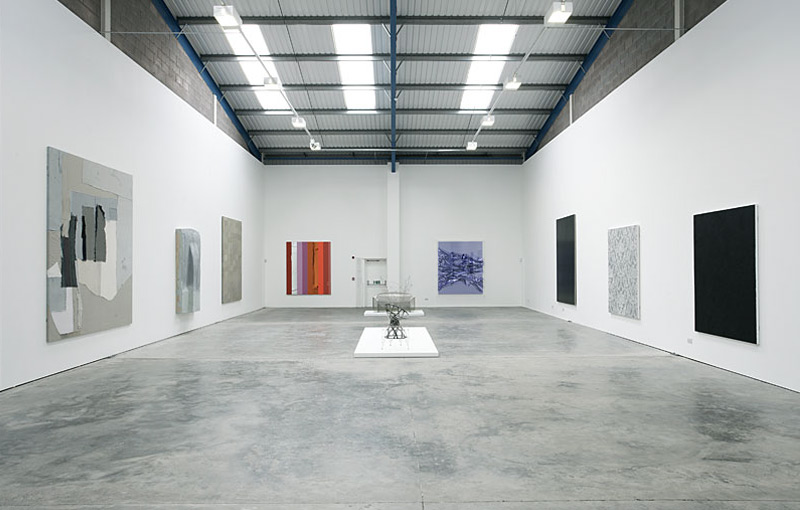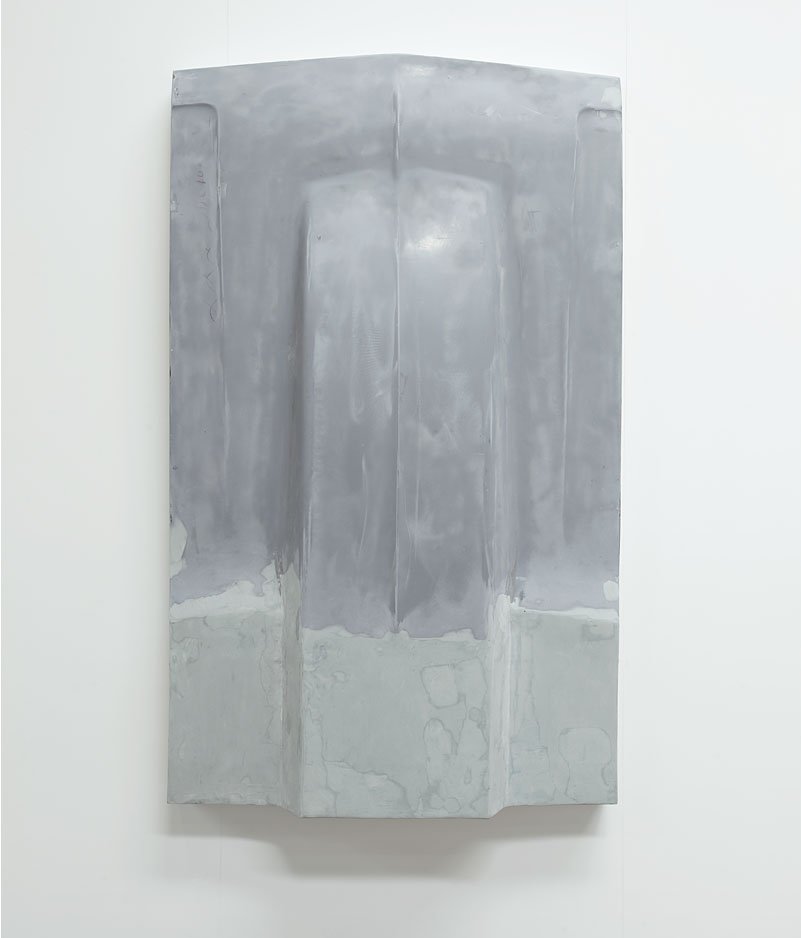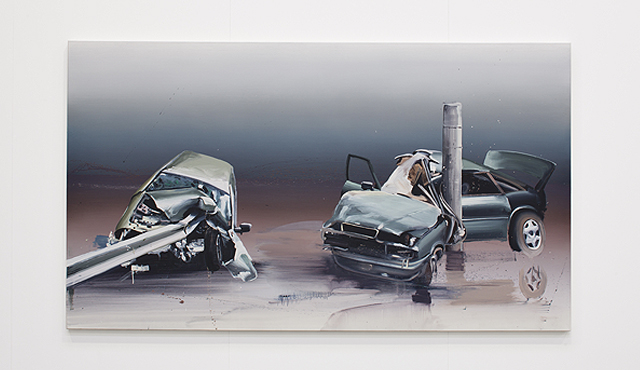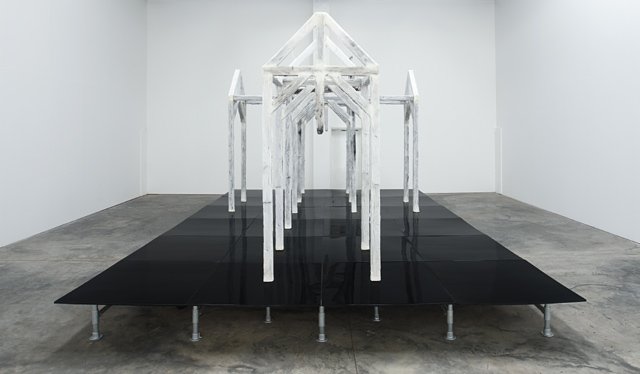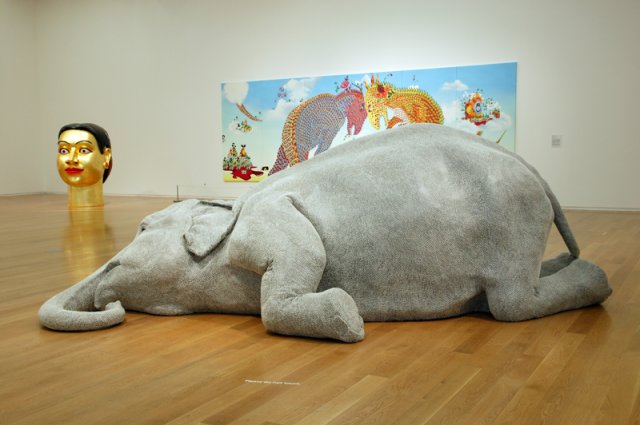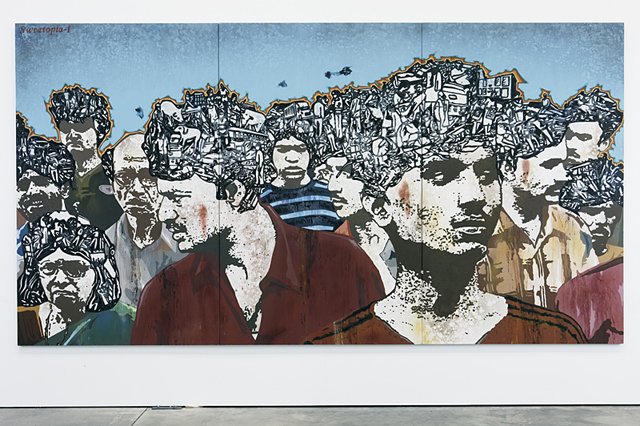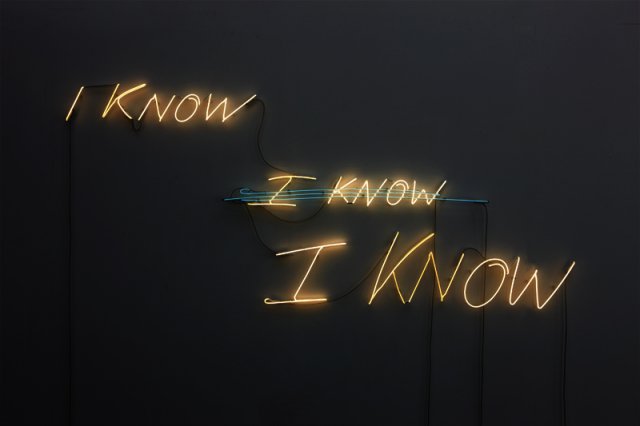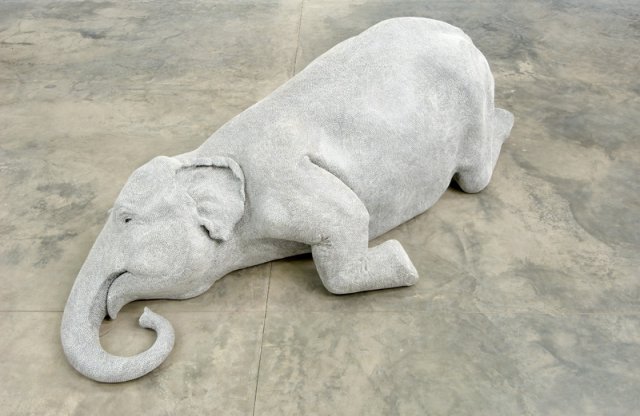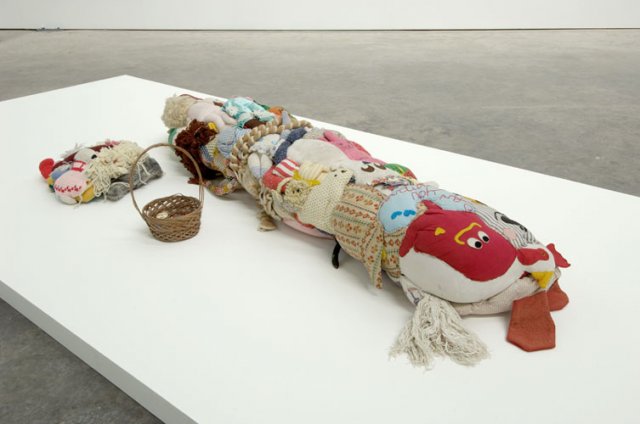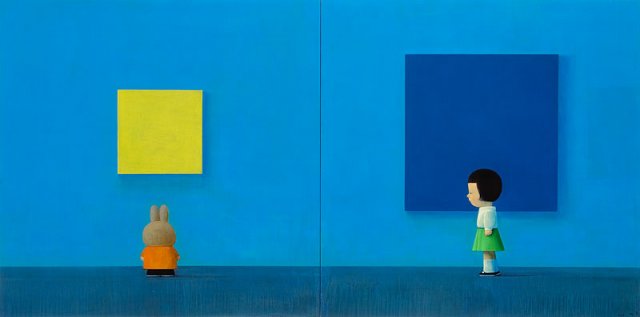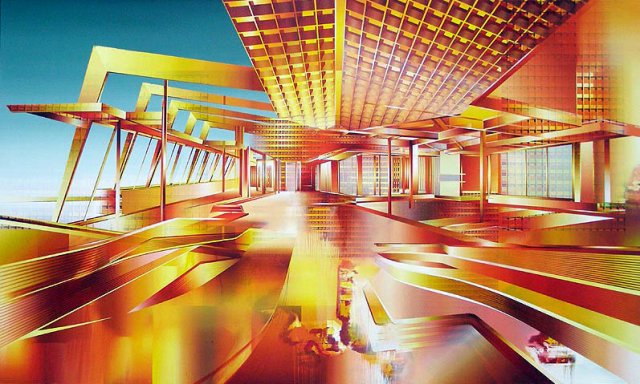15th September 2009 – 6th March 2010
The Frank Cohen Collection is delighted to present Minimal Means at Initial Access, a group show that explores how a significant group of contemporary artists have responded to Modernism.
The history of Modernism is in part an account of artists gradually reducing the means at their disposal in order to get closer to an essential truth in art. In painting and sculpture this led from Impressionism to Cubism and on further to Abstract Expressionism, Colour Field painting and finally Minimalism. Concurrently, those artists influenced by the ready-mades of Marcel Duchamp utilised objects from everyday life and by changing the context in which they were perceived, turned them into works of art. Both these trajectories of artistic practice were ways of paring down the basic elements of art. In doing so the artists were emphasising what was necessary for a work of art to exist.
This exhibition begins at the end of Modernism with two great works from the 1970s by the colour field painter Kenneth Noland. In the post-modern era artists have appropriated this aesthetic. No longer seeking essential truth by reducing form and subject matter, the artists in Minimal Means play games with the art historical conditions of Modernism, using the precedents it set as a platform upon which to experiment.
Works by Rudolf Stingel, such as Untitled, 2005, assert a postmodern position and aesthetic that corresponds with other works in the exhibition, such as Campanula persicifolia, 2008, by John M Armleder. These works have the appearance of Modernist paintings but are using the reduced form and aesthetic as part of a wider project that includes various forms and media. Minimal Means will also showcase works from Frank Cohen’s contemporary furniture and design collection, such as Pylon Chair by Tom Dixon and ‘Slice’ Chaise Lounge by Mathias Bengtsson.
Artists also featured in this show are Anthony Dunne & Fiona Raby, Gardar Eide Einarsson, Olafur Eliasson, Mark Grotjahn, Gregor Hilderbrandt, Sergej Jensen, Shiro Kuramata, Richard Prince, Anselm Reyle, Rudolf Stingel, Katja Strunz and Lee Ufan.













